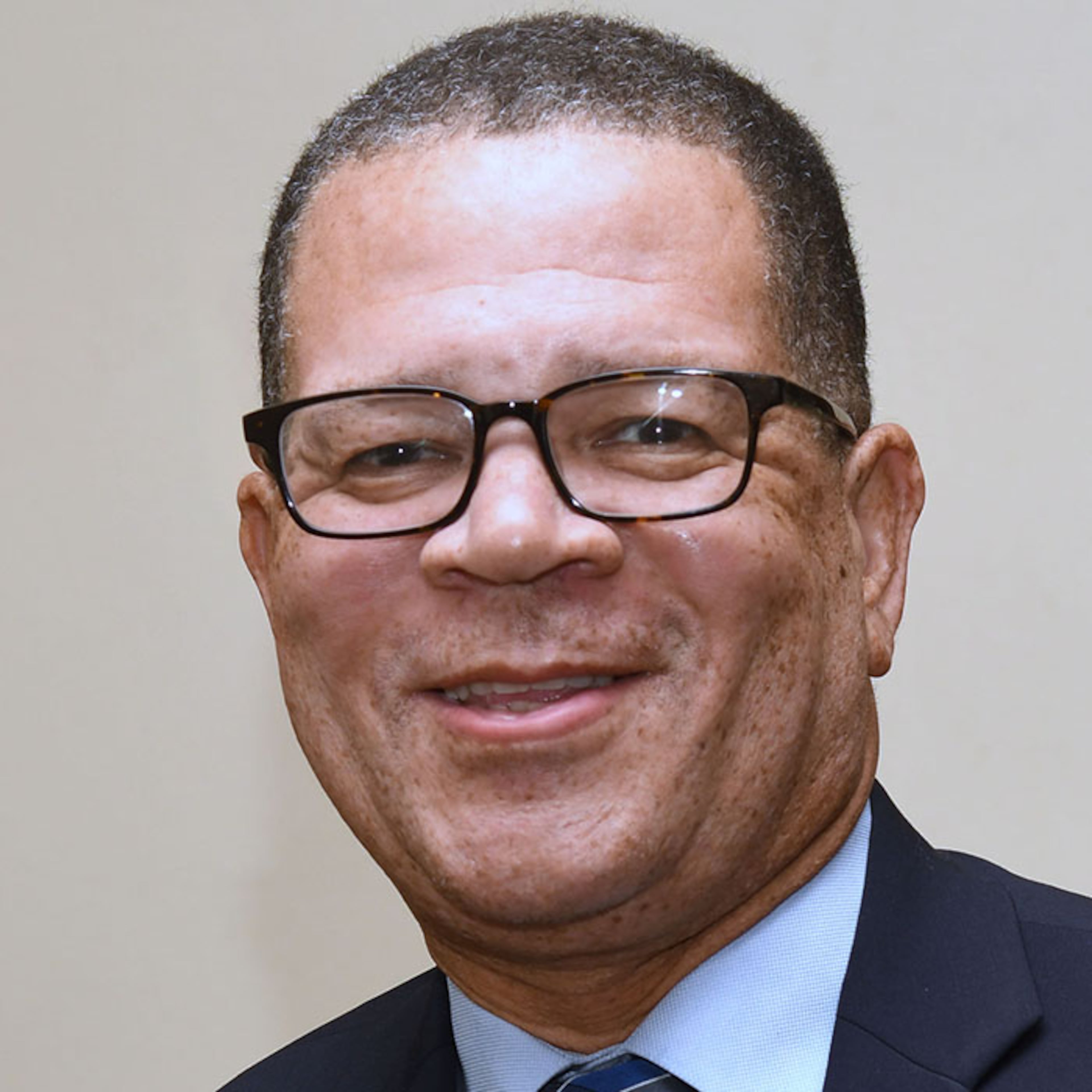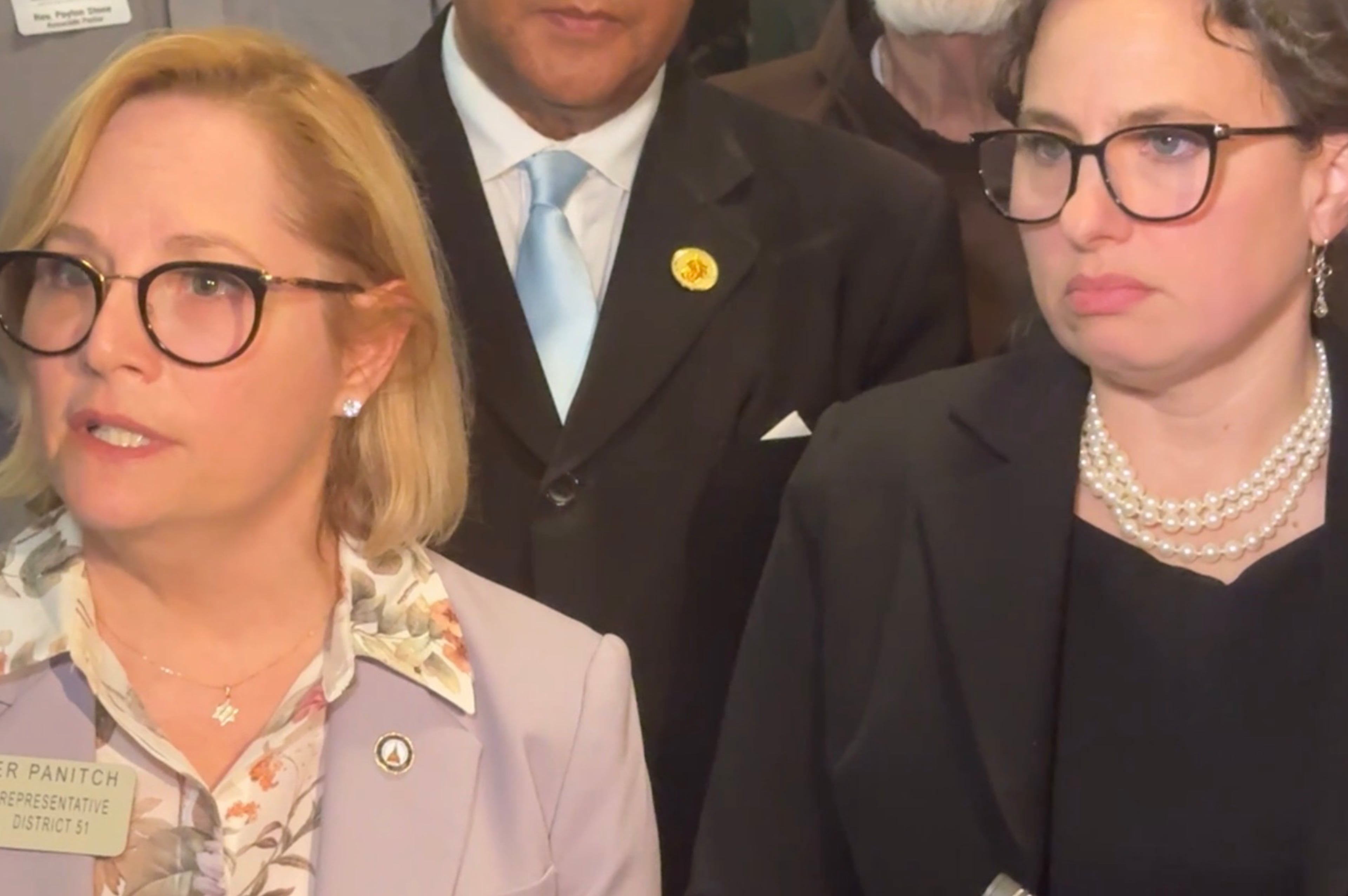The alarming rise in antisemitism is everybody’s problem

Antisemitism is prejudice against or hatred of Jews. In the United States, antisemitic incidents are rising at alarming rates. Hatred of Jews can take many forms, including violent attacks and verbal harassments. It also appears in daily life on social media, in private conversations and with clashes between pro-Palestinian and pro-Israeli students on college campuses. Antisemitism is a form of hatred and bigotry that should concern all Americans who value equality, justice and human rights.
First and foremost, the rise of antisemitism threatens the safety and well-being of Jewish individuals and communities. A survey released on June 10 by the American Jewish Committee found that 93% of Jews think that antisemitism is a problem, with 56% calling it a “serious” problem. And 87% said antisemitism has increased since Hamas’ Oct. 7 attack on Israel, with 55% saying it has increased “a lot” since the attack.

Acts of antisemitism, whether verbal harassment, vandalism or physical violence, create an environment of fear and insecurity for Jewish people. No one should have to live in fear because of religious beliefs or cultural heritage. This is especially the case for Jewish students on college campuses today. According to the American Jewish Committee’s State of Antisemitism in America 2023 Report, one in five Jewish students reported feeling or being excluded from a group or event because they are Jewish.
But the impact of antisemitism goes beyond just the Jewish community. Antisemitism is often a precursor to other forms of bigotry and discrimination. Deborah Lipstadt, professor of modern Jewish history and Holocaust studies at Emory University, is the appointed Special Envoy to Monitor and Combat Antisemitism by the Biden Administration. As a highly regarded expert in her field, she states that “antisemitism and racism” are firmly intertwined.
In fact, history has shown us when antisemitism is allowed to flourish, it creates a fertile ground for other forms of hatred, such as racism, Islamophobia, homophobia and xenophobia. This dynamic occurred during Nazi Germany under Adolf Hitler that led to the murder of 6 million Jews and millions of others. Americans standing idly by in the face of antisemitism are essentially giving permission for all forms of bigotry to thrive.
Furthermore, antisemitism is a threat to the very foundations of a democratic society. A society that tolerates or ignores antisemitism is a society that is failing to uphold its principles of equality, freedom and justice for all. Antisemitism undermines the values of tolerance, diversity and respect that are essential for a functioning democracy.
Therefore, it is crucial that we recognize that antisemitism is not just a Jewish problem, but a societal problem that requires a collective response. We must all stand together in solidarity against antisemitism and all forms of hatred and bigotry. This means speaking out against antisemitic rhetoric and behavior, supporting local and federal legislation that protects the rights of all individuals, and educating ourselves and others about the dangers of antisemitism.
As a Black and Jewish American, I am acutely aware of the intersectionality of racism and antisemitism. Both the Black and the Jewish communities have a long history of facing discrimination and oppression in the United States and around the globe. We have much to gain by standing together in the fight against all forms of bigotry as the Rev. Martin Luther King Jr. and Rabbi Abraham Joshua Heschel demonstrated during the Civil Rights era.
I owe my unique identity to my grandparents, who converted to the Jewish faith in the early 1900s. As new adherents to Judaism, Cecil and Gladys Eaves endured both racism and antisemitism in the Jim Crow South. Because of poor educational opportunities and limited work options afforded to Blacks during the 1920s-1940s, my grandmother was a domestic worker for white families in her hometown of Jacksonville, Fla. She diligently worked during the week but was frequently fired from these jobs because she refused to work on the Sabbath. Despite these pains and setbacks, my grandparents embraced the Jewish faith and infused traditional Jewish values into their children and grandchildren.
Because of my grandparents, I have chosen a life of service with a commitment to continue their legacy by speaking out against antisemitism and all forms of hatred. This is why I was compelled to recently join a delegation of Jews from Atlanta to lobby members of Congress on the need to pass the “Countering Antisemitism Act,” which currently has bipartisan support, including from Rep. Nikema Williams. D-Atlanta, who is also a co-sponsor. This legislation would improve Holocaust education in schools and establish Jewish American Heritage Month in law.
Antisemitism is everybody’s problem because it threatens the safety and well-being of Jewish individuals, creates a breeding ground for other forms of bigotry and undermines the very foundations of a democratic society. Individuals committed to justice and equality must all stand together in solidarity against antisemitism and all forms of hatred. By confronting antisemitism head-on, we are taking a stand for an America where all individuals are valued, respected and free from fear.

